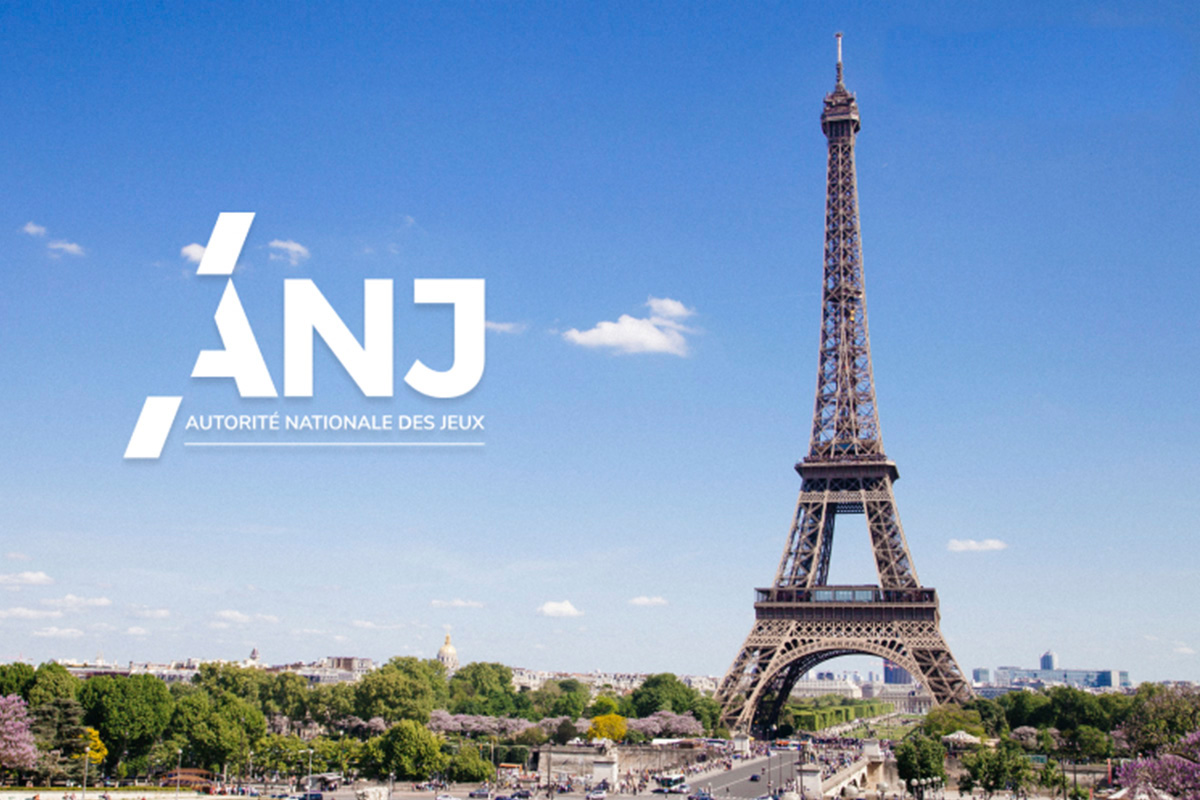Compliance Updates
Swintt granted permission to operate in the UK

Leading online casino software supplier announces much-anticipated licensing agreement to bring its award-winning catalogue of games to players at UKGC-regulated platforms
Innovative software supplier, Swintt, is delighted to announce that it has been successful in its application for a UK license, meaning players at UKGC-regulated platforms will soon be able to enjoy its extensive collection of award-winning video slots and live casino games.
Having been founded in 2019, Swintt has enjoyed a meteoric rise in the iGaming industry over the past few years and now boasts a rich and varied catalogue of over 140 state-of-the-art releases. Such has the studio’s impact been in that short space of time that the company was named Innovation in Mobile winner at the EGR B2B Awards in 2022 in recognition of its ground-breaking product offering.
Now that the company has gained approval to distribute its games in the UK, Swintt will continue with its over-arching strategy to expand into regulated markets worldwide and bring its titles to a vast new audience, many of whom may not yet be familiar with the studio’s pioneering range of bonus features.
As part of the first phase of the launch, Swintt will unveil a couple of titles in its signature Xtra range of slots, Aloha Spirit XtraLockTM and Mystic Bear XtraHoldTM, as well as the popular mobile-first release, Candy Gold. Boasting trademark features such as jackpot Tiki Spins, locking re-spins and purchasable block-busting power-ups, all three titles will offer a totally unique slot experience to UK-based players.
This popular trio of games will be further complimented by the release of a title that will no doubt strike a chord with casino fans in the country – The Crown starring Vinnie Jones. Featuring a celebrity appearance from the former Welsh international footballer turned actor and philanthropist, The Crown sees players put together a crew as they prepare for a daring heist on London’s famous jewels.
The first slot in the Swintt catalogue to feature multiple base game locations, The Crown allows players to play at one of four different venues, each of which boasts its own signature wild and bonus feature. Should they land three or more jewel scatter symbols at any location, they’ll also trigger the Crown Caper feature, where they’ll be able to collect up to 12 Free Spins with a maximum 7x prize multiplier.
The Crown should prove to be a big hit with fans of the Lock, Stock and Two Smoking Barrels movie and will certainly provide plenty of entertainment as Swintt continues to roll out the rest of its releases across the UK.
David Mann, Chief Executive Office at Swintt, said: “Swintt is thrilled to be able to announce the issuance of a UK licence that will enable us to share our incredible collection of games with players at UKGC-licensed platforms for the very first time.
“While we should be able to announce the first of our UK partners shortly, in the meantime I can assure players that it won’t be long until they’re able to access some of our award-winning titles and experience the features that have helped us become one of the leading software providers.”
Powered by WPeMatico
Africa
EveryMatrix gains South Africa licence with customer launch pipeline on the rise

EveryMatrix has obtained official licensing consent to provide its complete platform technology in South Africa, with its client pipeline quickly expanding throughout the continent and significant customer launches approaching.
EveryMatrix South Africa (EMSA) has obtained a manufacturer’s license from the Western Cape Gambling and Racing Board and is now permitted to offer its modular and turnkey platform solutions in sports, casino, player account management (PAM), payments, and affiliate management to top local and international operators.
The tier-1 technology provider has achieved considerable progress throughout Africa recently, collaborating with numerous local brands and finalizing agreements with several others set to launch in the upcoming months.
The purchase of FSB Technology has also given it additional access to South Africa and various other developed and developing iGaming markets on the continent.
An increasing number of major local and global tier-1 operators, as well as World Lottery Association member organizations in essential regulated markets, are choosing EveryMatrix’s turnkey platform technology.
Mark Schmidt, Managing Director, Africa, EveryMatrix, said: “Bringing our full suite of turnkey platform products into South Africa under our new licence is enabling us to power some of the biggest brands here, giving them access to technology that will instantly unlock their potential and drive market growth. In the coming weeks and months, we’ll be announcing some major deals so watch this space.
“Our casino, sports, PAM, payments, games and content aggregation and affiliate management solutions, supported by our local experts who understand their needs and challenges are providing an offering no one else has been able to offer so far in South Africa and across the continent.”
The post EveryMatrix gains South Africa licence with customer launch pipeline on the rise appeared first on Eastern European Gaming | Global iGaming & Tech Intelligence Hub.
ANJ
ANJ Warns French Gambling Operators Over 2026 World Cup Ad Budgets

During its review of gambling operators’ 2026 promotional strategies, the French National Gaming Authority (ANJ) observed a significant increase in their promotional budgets (over 25%), which they attributed in particular to the FIFA World Cup calendar. In this context, to prevent any risk of advertising overexposure and the development of excessive gambling, the ANJ has asked all operators not to exceed their announced budgets.
FIFA’s recent announcement of the introduction of water breaks (or “hydration breaks”) during the Football World Cup, leading to the introduction of 2 minutes of additional advertising breaks during each match, has reinforced the concerns of the ANJ.
Given the prevalence of problem gambling in sports betting (15.3%), and the fact that 18% of 18-24 year olds were gambling in 2024, this announcement does indeed raise fears of an intensification of advertising pressure on the most vulnerable players.
During discussions with the ANJ (National Gaming Authority), ADMTV (which represents all the advertising sales houses of television broadcasters and streaming services) informed them that a major broadcaster had decided not to sell refreshment breaks to advertisers in the gambling sector. This broadcaster also committed to respecting the codes of conduct and recommendations established by ARCOM, ANJ and ARPP since 2022. The ANJ has taken note of this.
Following this announcement, it calls on all stakeholders, broadcasters as well as gambling operators, to exercise restraint in promoting these new spaces, including in activating their partnerships.
Furthermore, it reiterates its call for broadcasters to respect the rules prohibiting advertising for illegal gambling and games of chance, particularly online casinos.
Finally, she asks the legislator to take up in the future her proposal to establish a whistle-to-whistle ban and a strengthened framework for sponsorship of major sporting events.
The post ANJ Warns French Gambling Operators Over 2026 World Cup Ad Budgets appeared first on Eastern European Gaming | Global iGaming & Tech Intelligence Hub.
Compliance Updates
REEVO Secures MGA B2B Licence

REEVO, the iGaming aggregation powerhouse, has announced that the company has been granted an official MGA B2B Licence by the Malta Gaming Authority (MGA), further reinforcing REEVO’s commitment to regulatory excellence and its continued expansion across regulated markets worldwide.
This major milestone reflects REEVO’s dedication to delivering compliant, secure and scalable aggregation solutions to operators globally, while strengthening trust and long-term partnerships across the iGaming ecosystem.
With the MGA B2B licence in place, REEVO continues to elevate its position as a trusted supplier in regulated jurisdictions, offering partners the stability, integrity and performance needed to thrive in today’s evolving market landscape.
“This achievement represents another key step in REEVO’s global growth strategy. Securing an MGA B2B licence strengthens our ability to support operators with confidence, while reinforcing REEVO’s long-term commitment to compliance, reliability, and innovation,” said Karl Grech, Head of Business Development at REEVO.
The post REEVO Secures MGA B2B Licence appeared first on Eastern European Gaming | Global iGaming & Tech Intelligence Hub.
-

 Amusnet5 days ago
Amusnet5 days agoWeek 7/2026 slot games releases
-

 Aphrodite’s Kiss5 days ago
Aphrodite’s Kiss5 days agoLove on the Reels: Slotland Introduces “Aphrodite’s Kiss”
-

 Finnish Institute for Health and Welfare7 days ago
Finnish Institute for Health and Welfare7 days agoFinland’s Health Authority Launches “2-4-2” Gambling Risk Limits Ahead of Expected Advertising Boom
-

 Latest News7 days ago
Latest News7 days agoWinSpirit’s UnValentine’s Day: A New Take on February Engagement
-

 Bryndís Hrafnkelsdóttir7 days ago
Bryndís Hrafnkelsdóttir7 days agoNOVOVISION Implemented at the University of Iceland Lottery
-

 Denmark6 days ago
Denmark6 days agoRoyalCasino Partners with ScatterKings for Company’s Danish Launch
-

 Balkans7 days ago
Balkans7 days agoExpanse Studios Signs Content Distribution Deal with Lobbet
-

 Baltics6 days ago
Baltics6 days agoEstonia to Reinstate 5.5% Online Gambling Tax From March 1



















